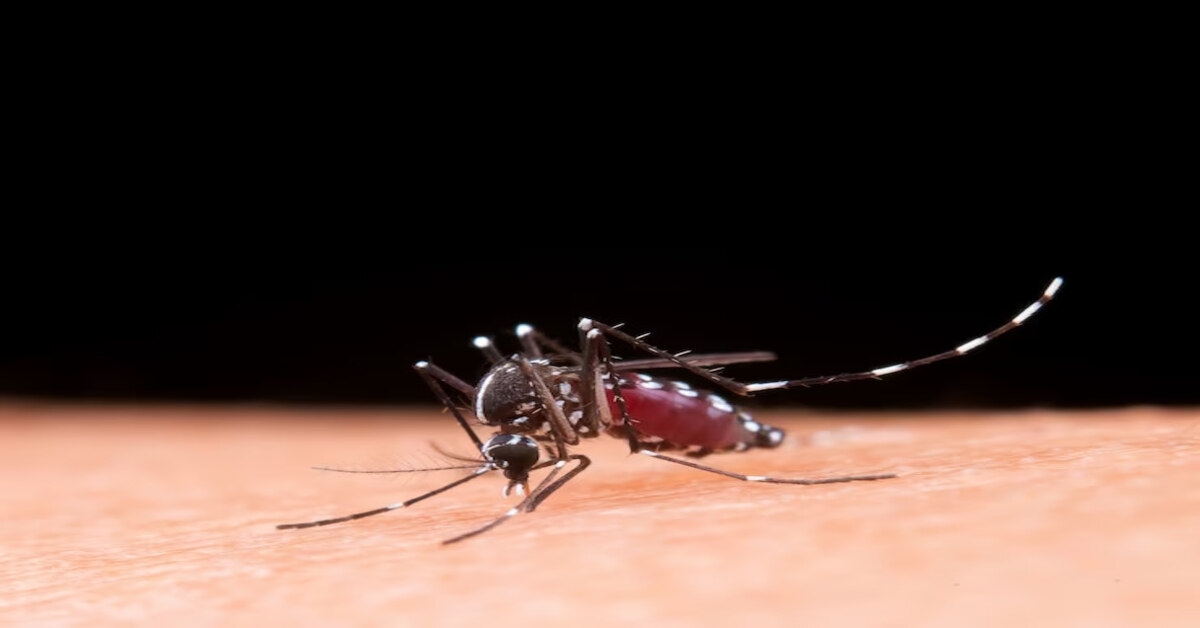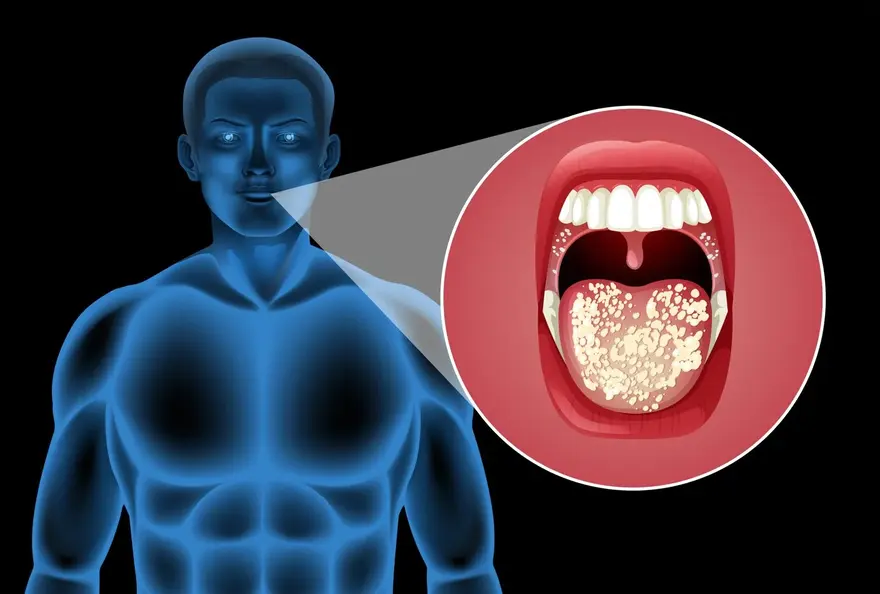Preventive Healthcare
Laboratory Diagnosis of Dengue: The Role of Medical Testing
4614 Views
0

Dengue is a major public health concern in many countries, including India. Laboratory diagnosis plays a crucial role in identifying dengue. This is because it can be difficult to distinguish it from other diseases with similar symptoms. In this blog, we will discuss the laboratory diagnosis of dengue and the role that medical testing plays in identifying the disease. We will also explore National Dengue Day in India and the importance of raising awareness about this serious health issue.
National Dengue Day in India
National Dengue Day is observed in India every year on May 16th. This day aims to raise awareness about dengue and its impact on public health. It is also an opportunity to educate the public about prevention measures that can be taken to reduce the incidence of the disease. National Dengue Day was first observed in 2010 and has since become an important event in the public health calendar in India.
What is Dengue?
The Aedes mosquito is a vector of the viral disease dengue. There are four types of dengue virus, and infection with one type does not provide immunity to others. Dengue fever can affect anyone, regardless of age or gender. But it is more common in children under 15 years old.
After receiving a bite from an infected mosquito, the symptoms of dengue fever typically appear three to seven days later. These symptoms include a high fever, severe headaches, joint pain, muscle pain, and a skin rash. In some cases, patients may also experience bleeding from the nose or gums.
Dengue fever can progress into a more severe form known as dengue hemorrhagic fever (DHF). This condition causes bleeding under the skin and internally. This could be life-threatening if left untreated.
There are no specific treatments for dengue fever apart from controlling its symptoms through immediate medical attention along with rest and proper care at home until full recovery takes place. Therefore, early diagnosis plays a crucial role in managing this disease effectively.
The Importance of Laboratory Diagnosis for Dengue
Lab diagnosis is essential for identifying dengue, as the symptoms can be similar to those of other illnesses such as malaria, typhoid fever, and flu. The definitive test for dengue is the detection of the virus or its components in blood samples. The most common tests used for diagnosing dengue include antibody tests, antigen tests, and molecular tests.
Diagnostic Tests for dengue
Diagnostic testing plays a crucial role in the lab diagnosis of dengue. There are several tests available to diagnose dengue. Each one has its unique advantages and limitations.
One of the most commonly used diagnostic tests for dengue is serological testing. This type of test looks for antibodies that the body produces in response to the virus.
Serological tests can be performed using a variety of methods, including enzyme-linked immunosorbent assays (ELISA) and rapid diagnostic tests (RDTs).
Another diagnostic test for dengue is molecular testing. It involves detecting viral genetic material in a patient's blood sample. Polymerase chain reaction (PCR) is one common method used for molecular testing.
Antibody Tests for Dengue
Antibody tests are commonly used to detect dengue in patients who have been infected for more than 5 days. These tests detect antibodies that the body produces against the dengue virus. IgM and IgG are the two types of antibodies that these tests can identify. IgM antibodies are produced early in the infection, while IgG antibodies are produced later on.
Antigen Tests for Dengue
Antigen tests are used to detect the presence of the dengue virus in a patient's blood. These tests are most accurate when performed within the first five days of symptoms, as the virus can only be detected during this period. Antigen tests are useful in identifying the specific serotype of the virus, which can help with disease surveillance and outbreak response.
Molecular Tests for Dengue
Molecular tests are highly sensitive and specific tests. They can detect the genetic material of the dengue virus. These tests are useful in detecting the virus in patients who have very low levels of the virus, such as those who have been infected for a prolonged period. Molecular tests are also useful in detecting other viruses that may cause similar symptoms to dengue, such as Zika and chikungunya.
Prevention Measures for Dengue
Prevention measures for dengue include eliminating mosquito breeding sites, using mosquito repellent, wearing long-sleeved clothing, and using mosquito nets. It is also important to seek medical attention if you experience symptoms of dengue, such as fever, headache, and body aches.
Treatment of Dengue
The treatment of dengue focuses on relieving the symptoms and preventing any complications that may arise. There is no specific antiviral medication to cure dengue, so medical care mainly involves supportive measures.
Patients with mild cases are usually advised to rest, drink plenty of fluids, and take pain relievers such as acetaminophen for fever and joint pain. It is important to avoid aspirin or other nonsteroidal anti-inflammatory drugs (NSAIDs), as they can increase the risk of bleeding.
In severe cases, hospitalisation may be necessary, especially if there are signs of plasma leakage or haemorrhage. Patients may require intravenous fluids and electrolytes to prevent dehydration, blood transfusions for severe bleeding, and oxygen therapy for breathing difficulties.
Conclusion
In conclusion, laboratory diagnosis plays a vital role in identifying dengue, as it can be difficult to distinguish it from other illnesses with similar symptoms. Antibody tests, antigen tests, and molecular tests are commonly used to diagnose dengue.
Book your blood test with Metropolis Labs for a hassle-free experience and accurate results. National Dengue Day in India is an important event that raises awareness about dengue and its impact on public health. By taking preventative measures, we can reduce the incidence of dengue and improve public health outcomes.























 WhatsApp
WhatsApp